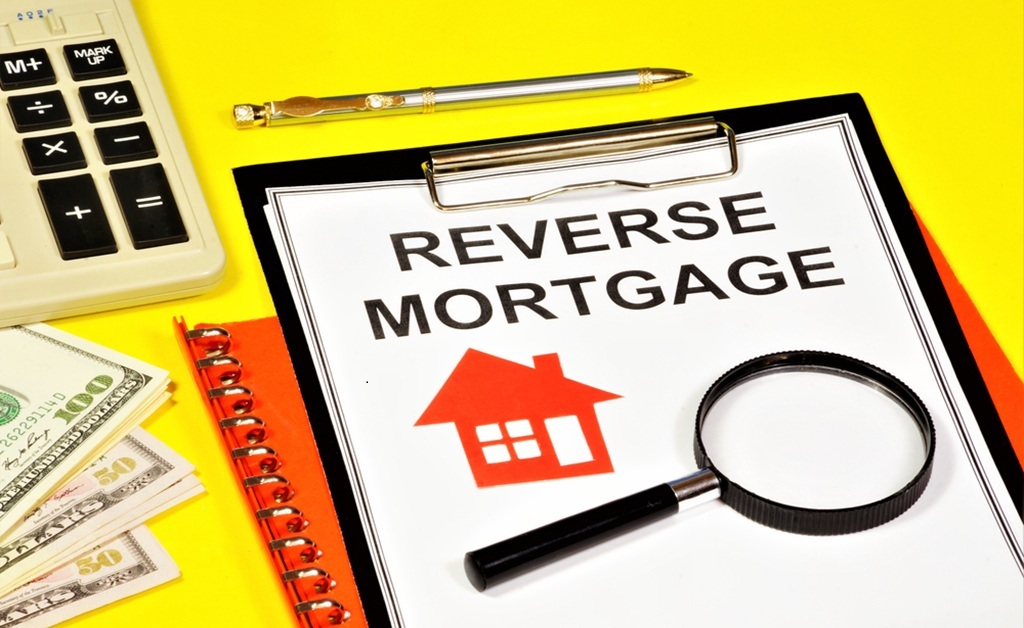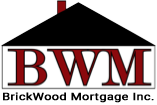A reverse mortgage enables homeowners 62 and older to borrow against a chosen percentage of their home equity without having to sell the home. It is unlike normal mortgages, in which you pay each month to decrease the loan balance. It is the reverse. Your loan balance increases over time with interest accrued on it, but never must be paid each month if the resident remains there as their main home. If you’re considering your options, using a reverse mortgage calculator in South Carolina can help you estimate what you might qualify for based on your property value and other factors.
How is interest calculated on a reverse mortgage? We can help you understand reverse mortgages for your circumstances at BrickWood Mortgage. For now, let’s delve into some of the details!
Principles of Reverse Mortgage Interest
Interest on a reverse mortgage is unlike interest on a regular home loan. You don’t pay monthly interest and principal. Instead, interest is added to the loan balance. Your balance continues to increase gradually, and that’s why the reverse mortgage is called as such.
As there is no monthly installment paid by the borrowers during the tenure of the loan, continuous interest compounding is employed. The loan becomes due when the borrower sells the home, leaves the home for any other reason, or when they pass away. The amount due on the loan on the date is the original amount borrowed on the loan plus the interest on it.

Types of Interest Rates
There are two broad categories of interest rate plans on reverse mortgages, both of which affect the way that your loan balance increases.
Fixed Interest Rates
Fixed interest rates do not change throughout the life of the loan. What is the interest rate on a reverse mortgage loan? With a fixed interest rate, it’s easier to predict. Fixed rate reverse mortgage plans only give you the option of a lump sum payment, so you will not have as much choice regarding when you receive funds.
Adjustable Interest Rates
Adjustable rates change over time depending on market conditions and specific financial indexes. The rate is sometimes less than the fixed rate, but may rise or fall over the term of the mortgage. An adjustable-rate reverse mortgage offers flexibility on what payments the borrower receives, such as monthly payments, a line of credit, or both.
Most adjustable rates are indexed to financial indexes such as the 10-year Treasury rate or the one-year Constant Maturity Treasury rate plus a margin assigned by a lender. For those wondering, what are reverse mortgage rates tied to? These indexes and lender margins are the most common benchmarks that influence your rate.
How Interest is Calculated
Reverse mortgage interest is generally annual simple interest on the balance outstanding of the loan. The calculation is:
Daily Interest = ((Outstanding Balance × Annual Interest Rate) ÷ 365)
This daily interest is compounded and added to the loan’s balance each day. This accumulates over time, since you’re paying interest on yesterday’s balance that already had interest accrued.
For instance, a $100,000 balance with a 5% annual interest rate would earn an interest of about $13.70 every day. Your balance after a year would be about $105,000 unless draws against your line of credit were made.
The calculation is a little tricky if you’re borrowing against a line of credit or receiving monthly payments because those figures become part of the principal before interest is calculated. Don’t worry, we’ll help you understand your chosen reverse mortgage at BrickWood Mortgage.
How Do Reverse Mortgage Interest Rates Work?
It is crucial that you understand reverse mortgage interest calculation so that you can make informed decisions as to this type of financing. Remember that interest compounds on a daily basis, so the loan balance keeps increasing every day. Though payments are not required on a monthly basis, you can pay interest or principal if there is a necessity to limit the balance increase.
Prior to going into a reverse mortgage, sit down with BrickWood Mortgage, who will draw your attention to the long-term impact on your personal situation and discuss with you the pros and cons of this approach!
